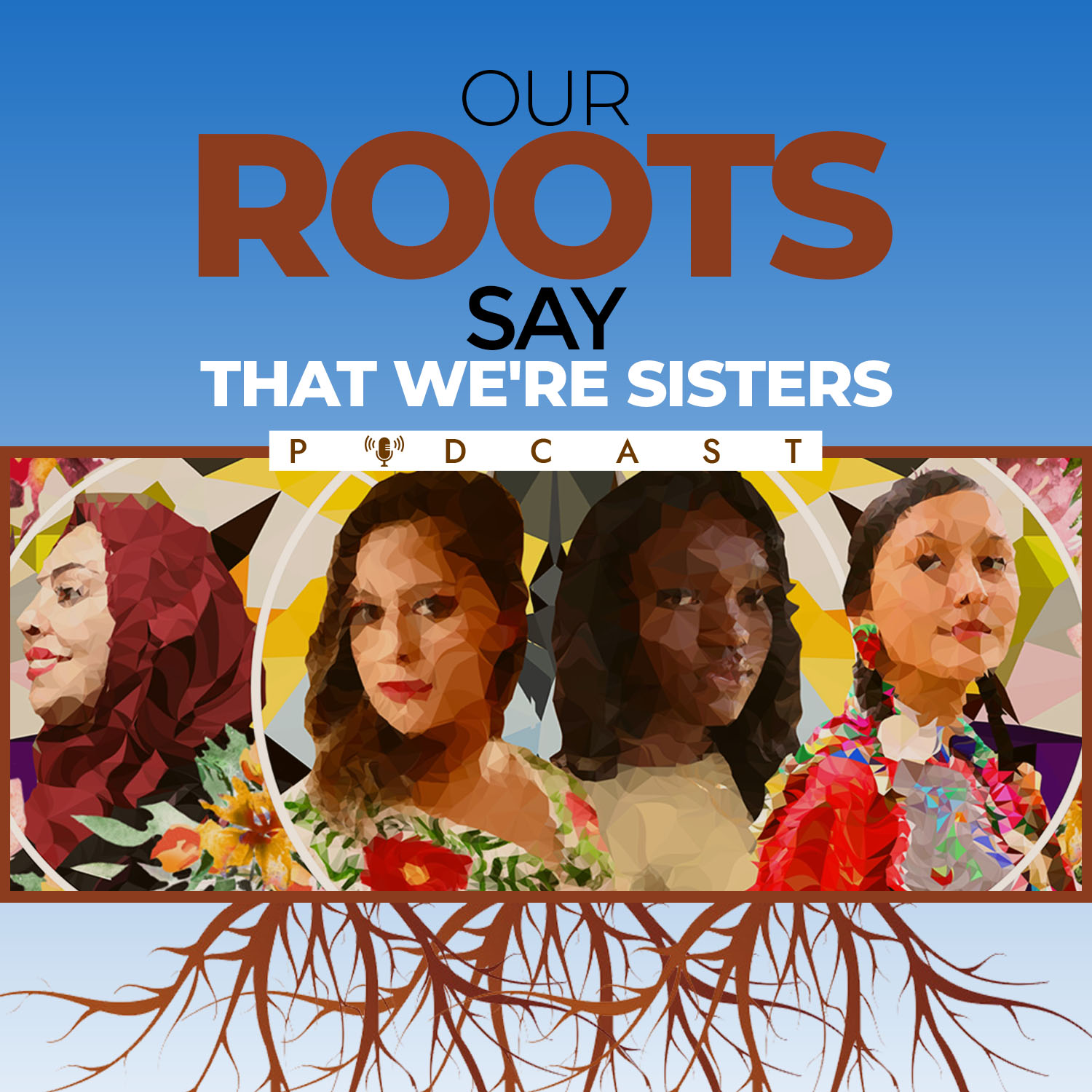Building On Empathy with Dr. Nakia Gordon
In this very first episode our host Sheena Carey welcomes Nakia Gordon, associate professor of psychology. Dr. Nakia S. Gordon earned her doctorate in behavioral neuroscience at Bowling Green State University. While there, she studied emotion in both human and non-human animals using a variety of techniques. She then received additional training in neuroimaging as a post-doctoral fellow in Michigan State University’s Neuroscience Program. Prior to joining the faculty at Marquette, Dr. Gordon was on faculty at UNC Charlotte.
Episode Highlights:
03:55 – One of my first social science classes was about sociology of race and gender, and everything in that class was like: women are at the bottom, black people are at the bottom, black women are at the bottom, and again, it wasn’t my lived experience.
07:30 - One of the projects that we’ve done recently with 371 productions and the Chicago police and other Chicago community organizations was to develop a virtual reality scenario. Our goal was: can we build empathy within the virtual reality scenario.
08:35 – Participants who reported empathy showed reduction in implicit racial bias, increased desire to engage in peace circles and in crisis intervention training.
14:18 – I tell my story to students exactly the way I am, because that’s the only way that I can be, and I also hope that that gives them a sense that they can be exactly who they are and the way they want to be.
22:25 – You should never elevate your greatness over anyone.
Interview:
01:14 – What is the story you’d like to share today? - This morning I was reminded about how much I think that coming from Detroit really plays a role in who I am and where I am.
03:05 – How do you identify? – I identify as a black woman.
03:09 – How did you get on to your path? – I was interested in psychology, in the way that people are.
05:10 – Are there some ways in which you’ve tried to pull those disparate views of race-gender identity?
– I had a period of time when I did neuroimaging and I was very clear that I did not want race kind of work with neuroimaging.
09:45 – In what ways does the theme of the mural project provide the space for representation and celebration of diverse women. What ways does it resonate for you?
– When I come to that place I’m always inspired, but it also forces me out of my little tiny bubble.
11:05 – What do you feel has been Marquette’s impact on the lives of women of color.
– I would say it is really now that we’re starting to see this kind of highlighting and elevating of women's voices.
12:20 – What are the ways in which Marquette either emphasized, reinforced, or impacted your sense of self-worth?
– You grow up with this strong sense of self, and then later you understand people see you in different way.
17:43 – Who inspired you? Who are the women of color that you look to for inspiration?
- I do not necessarily look outside for inspiration, or look to other people, but I can for sure identify people whose work I really value, people like Octavia Butler.
20:00 – What impact do you hope to have on women of color?
- For them to be their full selves.
21:20 – What hopes do you have for your future? And the future?
- To keep finding those parts of me, to be able to share, that are maybe underdeveloped or untouched as of yet. And for the future, all of us, really dig in to seeing each other’s humanity more.
21:48 – Is there anything else the Marquette community should know about you? - I would want Marquette to understand that we all have this greatness.
Contact information:
Jacki Black
pronouns: she/her/hers
Associate Director for Hispanic Initiatives
Marquette University
454 Zilber Hall | PO Box 1881 | Milwaukee, WI 53201
414-288-4118
http://www.marquette.edu/diversity/
Credits:
The Our Roots Say That We're Sisters Podcast series was recorded and produced by Podcast Town (www.podcasttown.net)
